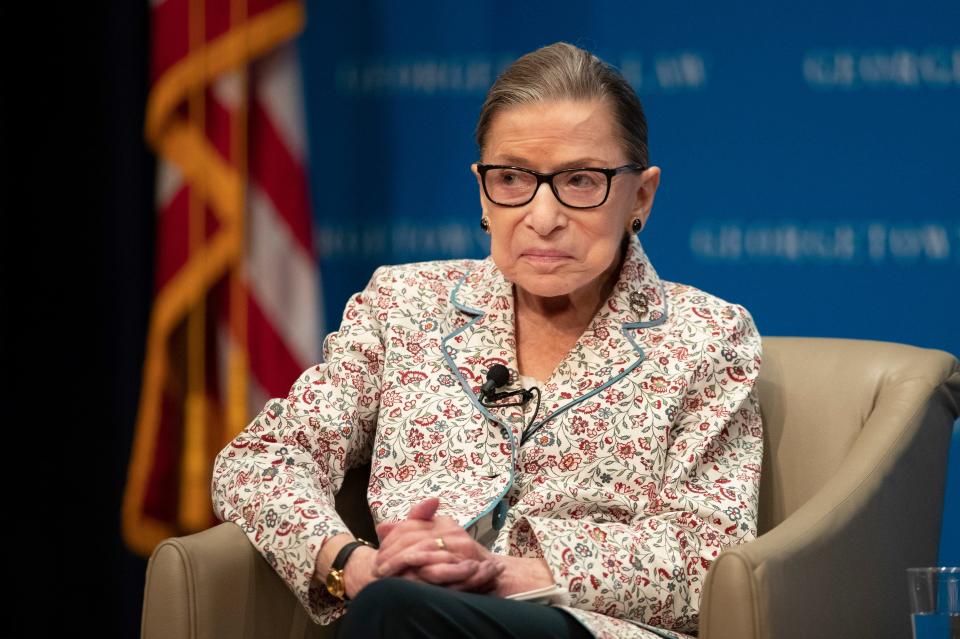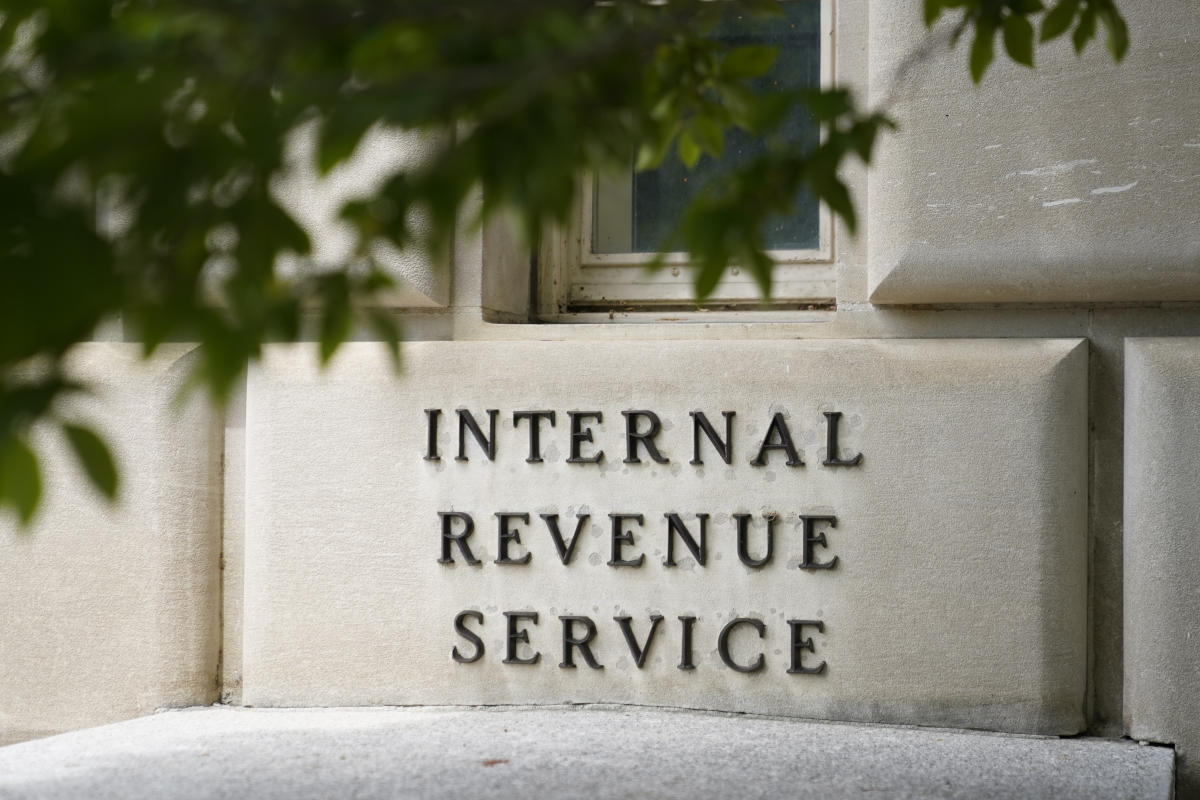Editor’s note: This is a regular feature on issues related to the Constitution and civics education written by Paul G. Summers, retired judge and state attorney general.
We continue our study with Article III.
When I was Tennessee’s attorney general, I had the honor to argue on behalf of my State in the U.S. Supreme Court. For a trial lawyer, that’s equivalent to a baseball player’s pitching two innings in the World Series. I will always remember.
The justices comprise a “hot court,” in lawyers’ terms, meaning they know all about your case and readily ask questions. Some questions are to get answers; some attempt to persuade other justices of what’s right or wrong as to their theories.
Article III, the Judicial Branch, is the third, separate and equal branch of our United States Government.
We have one Supreme Court, and such inferior courts “… as the Congress may from time to time ordain and establish.”
All federal judges hold their offices for life, or “during good Behavior,” as the Constitution in the third article cites. The compensation of federal judges “shall not be diminished” while they continue in office.
Tennessee AG Jonathan Skrmetti: Why we must fight to preserve the Constitution
Justices make decision that future courts sometimes reverse
The Constitution is the supreme law of our land. Our forefathers created three equal branches – two were political, the legislative and executive branches. They make their decisions based on politics, policies, polls and ideology. Politicians rise and fall at the ballot box. They come, and they go. They are elected; and then they run for re-election, or for another office.
The third federal branch, the judiciary, is not political. Judges make their decisions based on the law and the Constitution, not on emotion, popular sentiment, or culture.
Once a judge is nominated by the president and confirmed by the Senate, he or she has a lifetime appointment.
They do not run for office every two, four or six years. They follow the Constitution and laws created thereby.
The Supreme Court is “the court of last resort;” the decision by the Court is final and subject to no appeal. The Supreme Court votes, and the majority prevails.
After a decision has been made, a majority of the Court may realize that they made a mistake; and the majority reverses its holding years later. Judges are human; and they have the independent ability, although seldom, to admit error.
Why politicians should not ‘pack’ the Supreme Court
Judges are independent; they follow laws and the Constitution. They interpret laws; they do not make or execute them.
Judges follow the Rule of Law – that all men and women are created equal and endowed with the unalienable rights of life, liberty, and the pursuit of happiness.
Judges, and certainly the Supreme Court Justices, must protect the checks and balances of abuse of power by other branches of government.

Our Supreme Court consists of nine Justices. It’s been nine since 1869. A congressional act, signed by the president, can alter that number.
To change the number and fill vacancies with politicians is called “Court packing.”
Both parties have packed (or unpacked) the high court to arrive at opinions they liked.
Such political shenanigans would eventually destroy the crown jewel of an independent judiciary that has protected us for 155 years. One party does it; eight years later the other party “packs the Court” with political ideologues.
We do not need a Supreme Court with 25 justices.
An opponent of court packing, the late Justice Ruth Ginsburg opined: “Nine seems to be a good number, and it’s been that way for a long time.”
Reading and studying the Constitution are times well spent.
Paul G. Summers, a lawyer, is a former appellate and senior judge, district attorney general, and the attorney general of Tennessee. Raised in Fayette County, Judge Summers resides in Nashville and Holladay.
This article originally appeared on Nashville Tennessean: Constitution did not intend to make Supreme Court justices politicians
Signup bonus from





